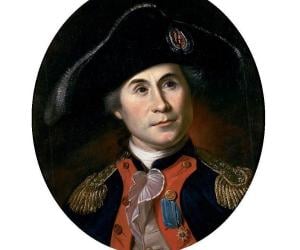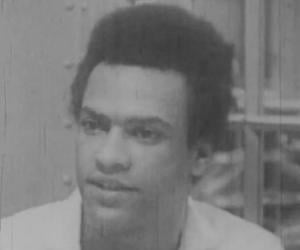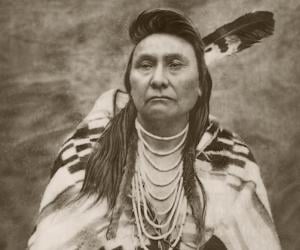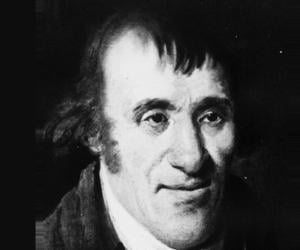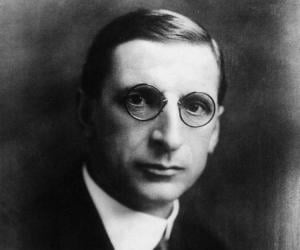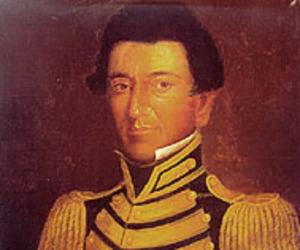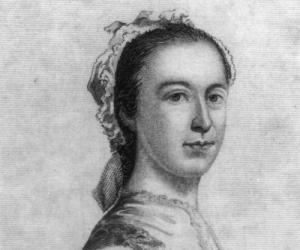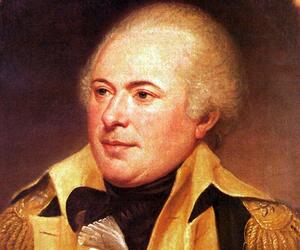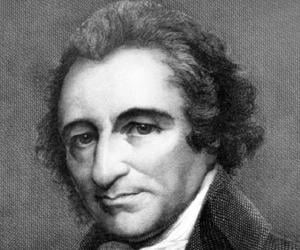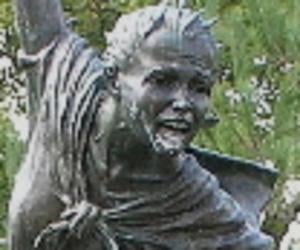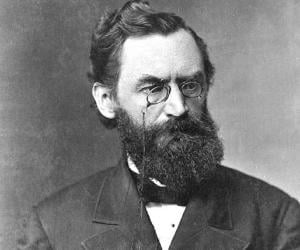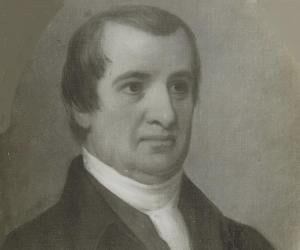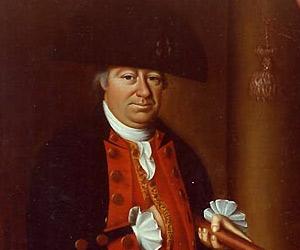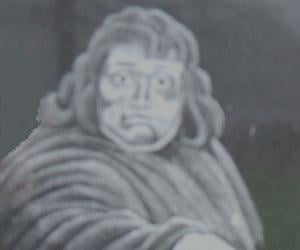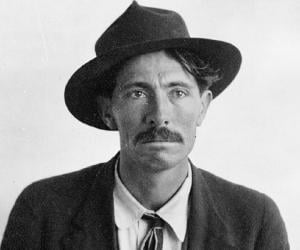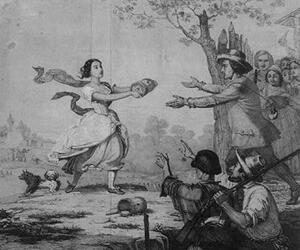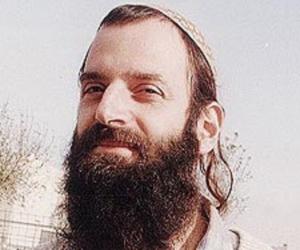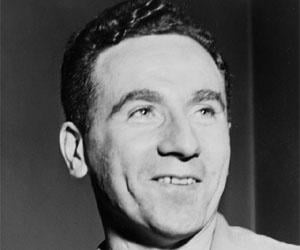1
John Paul Jones
(United States' First Well-Known Naval Commander in the American Revolutionary War)
Birthdate: July 6, 1747
Sun Sign: Cancer
Birthplace: Scotland
Died: July 18, 1792
John Paul Jones was a renowned naval officer who served in the Continental Navy during the American Revolutionary War. Known as the "Father of the American Navy," Jones is celebrated for his exceptional leadership and strategic prowess. He participated in numerous naval engagements against the British Royal Navy, gaining international recognition for his victories. Jones later joined the Imperial Russian Navy, rising to the rank of rear admiral before facing controversial accusations that led to his departure. He passed away in Paris at the age of 45, leaving a lasting legacy in American military history.
